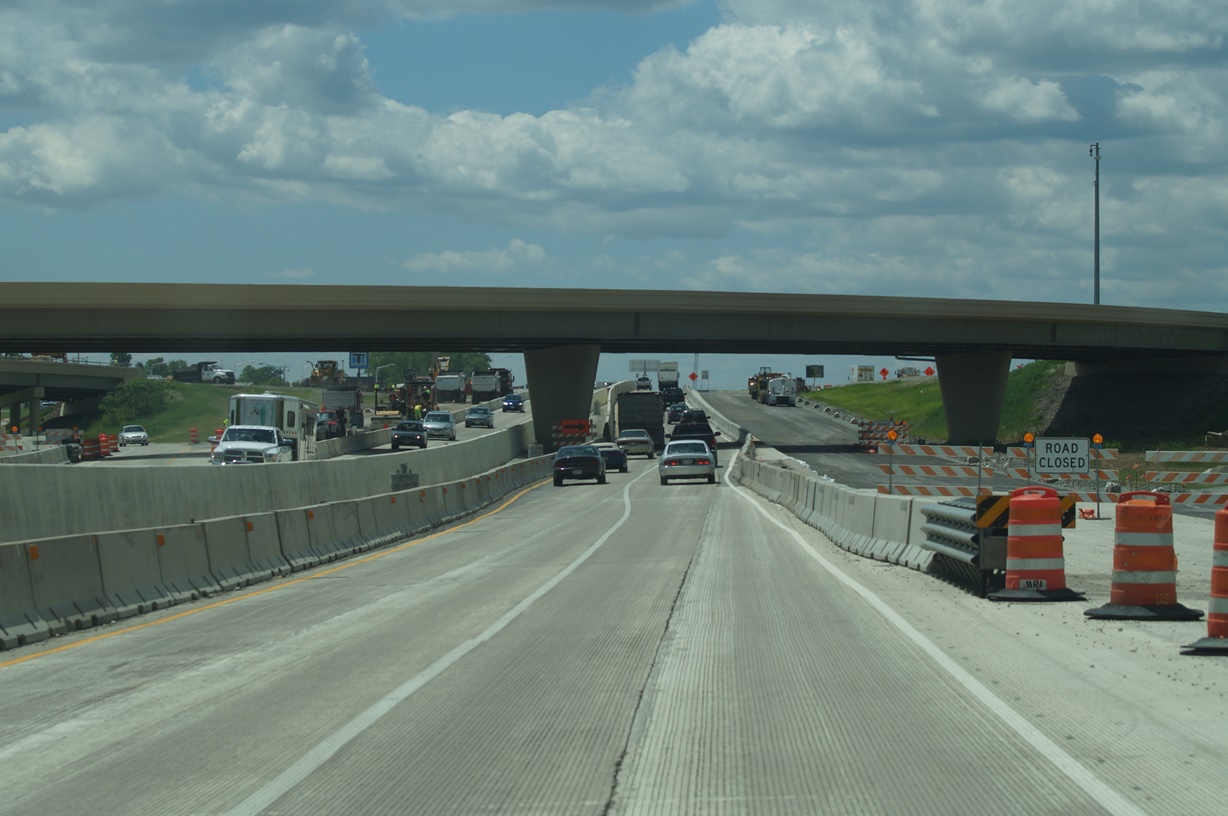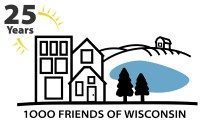In May 2015, 1000 Friends of Wisconsin called for an audit of the Wisconsin Department of Transportation after our lawsuit against the widening of Highway 23 revealed systematic deficiencies in the planning of major projects. We continued to raise awareness over the next few months and legislators heard our call. In December 2015, the non-partisan Legislative Audit Bureau (LAB) was tasked by the legislature to carry out an audit of WisDOT’s highway program. 1000 Friends worked closely with the state auditors throughout this process.
The LAB’s findings, released in January were shocking, to say the least. The audit found that Wisconsin DOT had misrepresented the estimated costs of major projects by over a hundred percent on average. Taxpayers have been systematically misled by the department on the true costs of a project—sometimes being asked to pay up to four times the original estimated cost, as in the case of Highway 29 in Central Wisconsin. The main reason for these discrepancies appeared to be that WisDOT failed to take into account inflation while making these estimates.

The audit found several other problems with DOT’s processes. The auditors confirmed 1000 Friends’ earlier findings that traffic projections, often the most important piece of data used to justify a highway widening project, were being made in an arbitrary manner. Whether intentional or not, this gross negligence has led to projects being constructed without sufficient evidence that they were really necessary—costing Wisconsinites billions of dollars for infrastructure that will likely be underused.

It was also revealed that WisDOT ignored the concerns of community members by disregarding their own guidelines for community input. Six potential projects between 2010 and 2014 were given the go-ahead ignoring a “community input score” that would have given much more weight to public opinion. In addition, over half of all county highway commissioners who responded to an auditors’ survey indicated that they would like DOT to consult with them more about the selection, scope and timing of highway projects.
Since the LAB was bound by the scope of the audit request to focus only on the state highway program, they did not specifically look at concerns that 1000 Friends had raised related to excessive spending on highway infrastructure at the expense of local road repair, transit, pedestrian and bike infrastructure. As a result we are urging legislators to use this report as an opportunity to take a deeper look into our transportation funding processes. We urge WisDOT to provide information on the life cycle costs of projects including future maintenance and repair costs at the time of enumeration, in order to provide legislators and taxpayers with a realistic expectation of total costs. They should also institute a “fair share for local governments” program that reorganizes transportation planning and funding priorities to reflect the importance of local transportation systems to the state, and guarantees at least 50% for combined local road maintenance and repair costs.

Newly appointed Secretary of Transportation David Ross pledged that he is committed to increasing transparency and accountability of the department.
1000 Friends will be watching closely to see if and how these changes are implemented.

